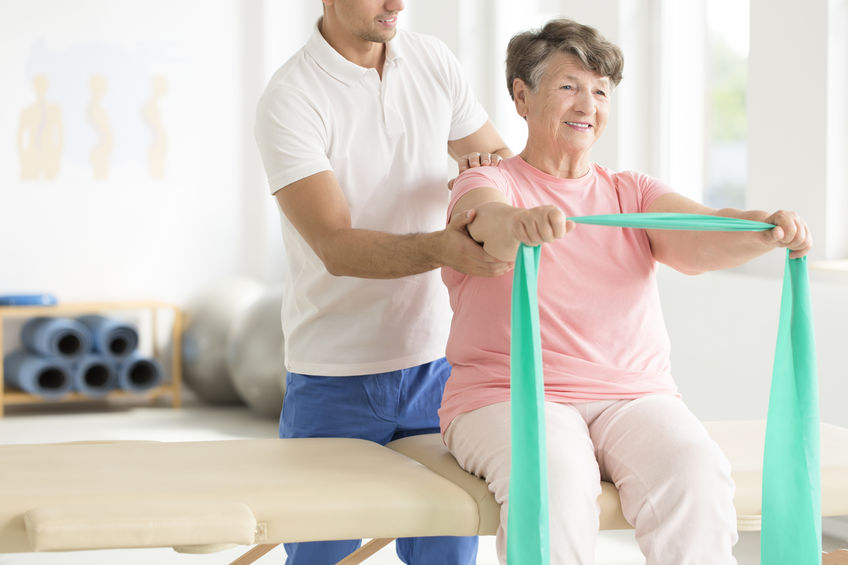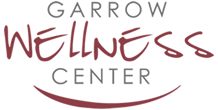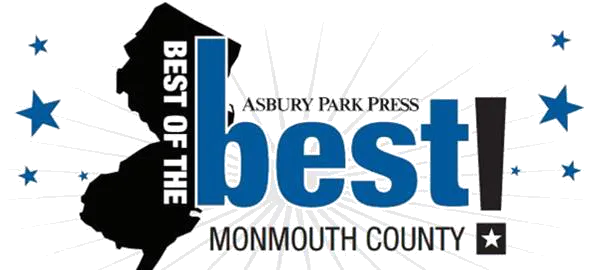 If you happen to experience an ailment or endure a physical issue that causes agony or trouble with utilitarian portability, you may profit by the gifted administrations of a physical advisor. Your physical specialist can survey your particular circumstance and give centered medicines and activities to assist you with coming back to your past degree of capacity. While movement is important to get you back to your old self. This development will cause opposition, and with this obstruction will come irritation. So how might you manage irritation after a non-intrusive treatment meeting? These three hints can help ease your distress.
If you happen to experience an ailment or endure a physical issue that causes agony or trouble with utilitarian portability, you may profit by the gifted administrations of a physical advisor. Your physical specialist can survey your particular circumstance and give centered medicines and activities to assist you with coming back to your past degree of capacity. While movement is important to get you back to your old self. This development will cause opposition, and with this obstruction will come irritation. So how might you manage irritation after a non-intrusive treatment meeting? These three hints can help ease your distress.
- Understand Your Diagnosis
After you have suffered an injury and your doctor has examined and run preliminary tests, he makes a diagnosis that helps them administer the necessary type of physical therapy in a bid to cure your muscle problem. Usually, most therapists will explain some bits of the diagnosis while a few of them may not explain. In some cases, they explain it in a way that is hard to understand. With this in mind, you must go out of your way to understand your diagnosis in detail. This is because the diagnosis plays an important role in tracking your recovery process. It also says what you should and should not do after the session. It is there necessary that after the session, you follow up with the PT for a full understanding of your diagnosis.
- Use Cold Pressure
Irritation normally implies that the tissue of the body part is inflamed. Ice will work to cool and mitigate the territory – similarly, as irritation is a normal piece of the mending procedure, ice ought to be a run of the mill reaction to that aggravation. Apply ice for 20 minutes one after another, applying as frequently as you feel vital. Never apply ice on bare skin but wrap it using a thin piece of cloth.
- Drink Lots of Water
Irritation after an exercise based recuperation session might be identified with nearby aggravation, which produces toxic substances the body needs to take out. Drinking water throughout the day after a physical session will empower your body to process any poisons that had discharged into your circulatory system.
- Make Some Notes
Inspiration can be difficult to keep up during a long recuperation process. Therefore, it is useful to think back on how far you’ve come. Keep your notes on torment levels and the way you are feeling from every day; cheerful, dismal, persuaded, or debilitated. Regardless of whether you simply write them down on your telephone in a note, it is useful to have a record of how you are doing throughout the days, months, and weeks. Recuperation is moderate, so having notes of how your inclination after some time lets you see progress. Seeing substantial outcomes likewise encourages keep patients propelled to proceed with the recuperation procedure. Furthermore, research shows that jotting down things helps people fall asleep easily.
- Ask For Feedback
Physical advisors monitor measurements like scope of movement that recount to the account of progress, however ordinarily patients do not know to get some information about it. Check in with your physical advisor at regular intervals or once every month to see how you are improving quantitatively. About follow-ups, you do not have to concern yourself so much. This is because in most cases, the therapist will formulate a plan where you frequent their facilities or they call you for follow up.
- Be Honest with Your Therapist
Any input you give your specialist can go a long way in determining the steps the therapist will take in helping heal your physical problems in the future. With this in mind, you must disclose to your specialist the progress of your recovery. Do not be afraid to tell your therapist that whatever program, medicine or practices they recommended to you are not working. This update is very critical since it can determine what your therapist needs to change or adjust to speed up your recovery process.
The relationship you have with your physical advisor should feel like a restorative coalition; both of you ought to be moving in the direction of the objective of helping you move better and feel much improved. In case you have inquiries regarding what is going on during active recuperation, simply inquire. Your physical specialist ought to energize questions and should be able to give clear, succinct replies about your medicines, condition, and recovery program. Following the aforementioned tips is the only way you will see immense results.

